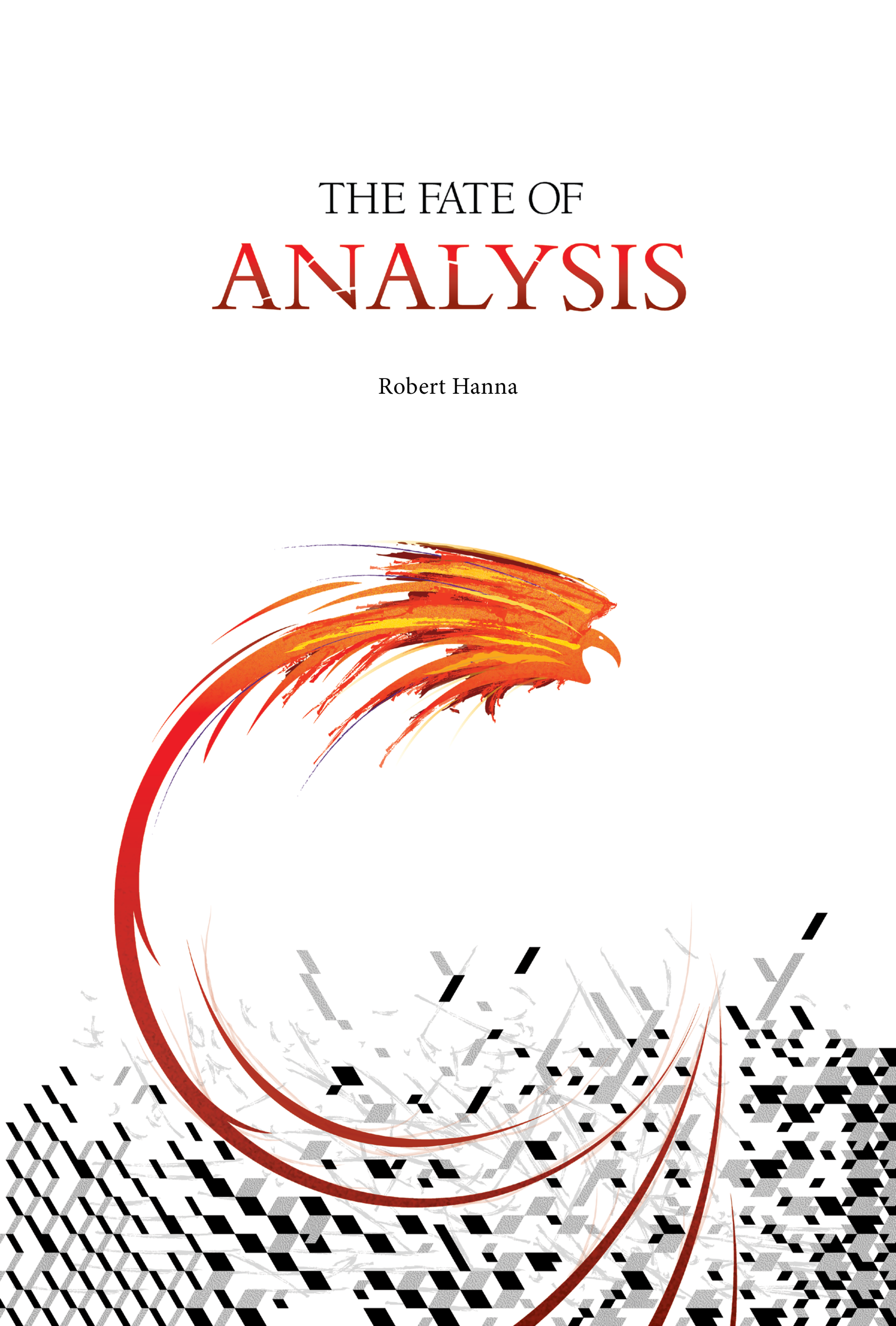MORALITY: the principles or strict rules of rational human conduct.
Controversy: This is a narrow definition of “morality” that’s equivalent with the German term “Moralität” and applies to (more or less) principled rational conduct only.
Nevertheless, many definitions of “morality” are broader, and equivalent with “ethics.”
See also the entry on “ethics.”
ELABORATION
As Hegel in the 19th century and also many more recent or contemporary philosophers—perhaps most notably, in the 1970s, Bernard Williams—have correctly noted, it’s illuminating to distinguish between “ethics” (aka Sittlichkeit) and “morality” (aka Moralität).[1]
Ethics is the larger, more encompassing domain of human ideals, standards, and values, especially including the highest good(s), and morality, the domain of rules, principles, strict normative laws, permissions, and obligations, is only a proper part of it.
On Williams’s account, strikingly, morality is “the peculiar institution,” alluding of course to John C. Calhoun’s notorious description of the American system of slavery prior to the Civil War.[2]
By ironically applying this morally uncomplimentary label to morality itself, Williams means that it is nothing but a socially constructed, life-denying, normatively shallow, inherently oppressive, inhumane, and self-perpetuating formal sub-system of rule-mongering within our real, fully meaningful, “thick,” multi-textured, and all-encompassing “human, all too human” ethical life.[3]
Similar critical, skeptical thoughts about morality have been developed by Nietzsche, Michel Foucault, and John Mackie.[4]
But on my sharply different understanding of the ethics vs. morality distinction, morality is the essence of ethics.
What do I mean by that?
Our ethical life is indeed a real, fully meaningful, “thick,” multi-textured, “human, all too human,” and all-encompassing ethical life.
Indeed, our ethical life is our whole life.
But morality is our whole life’s all-enabling core, that is, its essential proper part.
So in this sense, the proper part structurally guides and pervades the whole.
Of course, it’s inescapable that the vast majority of thinkers and writers in this area have sloppily either (i) used “ethics” and “morality” interchangeably, or (ii) used “ethics” to mean the same as “moral theory” or “moral philosophy.”
A good example is the term “introductory ethics course.”
—Obviously, it’s a philosophical mug’s game to try to legislate common or even technical usage; and as always, sadly, there are simply too few words in any natural language for the purposes of philosophy.
Nevertheless, it remains philosophically important to distinguish carefully between “ethics” and “morality.”
See, e.g., B. Williams, Ethics and the Limits of Philosophy (London: Fontana, 1985); and B. Williams, Morality: An Introduction to Ethics (Cambridge: Cambridge Univ. Press, 1972). The ethics vs. morality = Sittlichkeit vs. Moralität contrast has also had some impact in contemporary philosophy. For example, essentially the same distinction is replicated in the titles and basic topics of the first two divisions of Russ Shafer-Landau’s widely-used and influential Fundamentals of Ethics: “The Good Life” and “Normative Ethics: Doing the Right Thing,” which sets it interestingly apart from the bog-standard tripartite division of moral philosophy into meta-ethics, normative ethics, and applied ethics. See R. Shafer-Landau, The Fundamentals of Ethics (3rd edn., Oxford: Oxford Univ. Press, 2015). ↩︎
See J.C. Calhoun, “Speech on the Reception of Abolition Petitions: Revised Report,” U.S. Senate (Feb. 6, 1837, at Wake Forest University), available online at URL = http://users.wfu.edu/zulick/340/calhoun2.html. ↩︎
Williams, Ethics and the Limits of Philosophy, ch. 10. ↩︎
See, e.g., F. Nietzsche, Beyond Good and Evil, trans. W. Kaufmann (New York: Vintage, 1966); F. Nietzsche, “The Genealogy of Morals,” in F. Nietzsche, The Genealogy of Morals and Ecce Homo, trans. W. Kaufmann (New York: Vintage, 1967), pp. 13-163; M. Foucault, Discipline and Punish: The Birth of the New Prison, trans. ↩︎

If you feel so inclined, please feel free to show your support for Robert via his Patron page (https://www.patreon.com/philosophywithoutborders) or purchase his recently published book, The Fate of Analysis (2021).

The Fate of Analysis (2021)
Robert Hanna’s twelfth book, The Fate of Analysis, is a comprehensive revisionist study of Analytic philosophy from the early 1880s to the present, with special attention paid to Wittgenstein’s work and the parallels and overlaps between the Analytic and Phenomenological traditions.
By means of a synoptic overview of European and Anglo-American philosophy since the 1880s—including accessible, clear, and critical descriptions of the works and influence of, among others, Gottlob Frege, G.E. Moore, Bertrand Russell, Alexius Meinong, Franz Brentano, Edmund Husserl, The Vienna Circle, W.V.O. Quine, Saul Kripke, Wilfrid Sellars, John McDowell, and Robert Brandom, and, particularly, Ludwig Wittgenstein—The Fate of Analysis critically examines and evaluates modern philosophy over the last 140 years.
In addition to its critical analyses of the Analytic tradition and of professional academic philosophy more generally, The Fate of Analysis also presents a thought-provoking, forward-looking, and positive picture of the philosophy of the future from a radical Kantian point of view.







